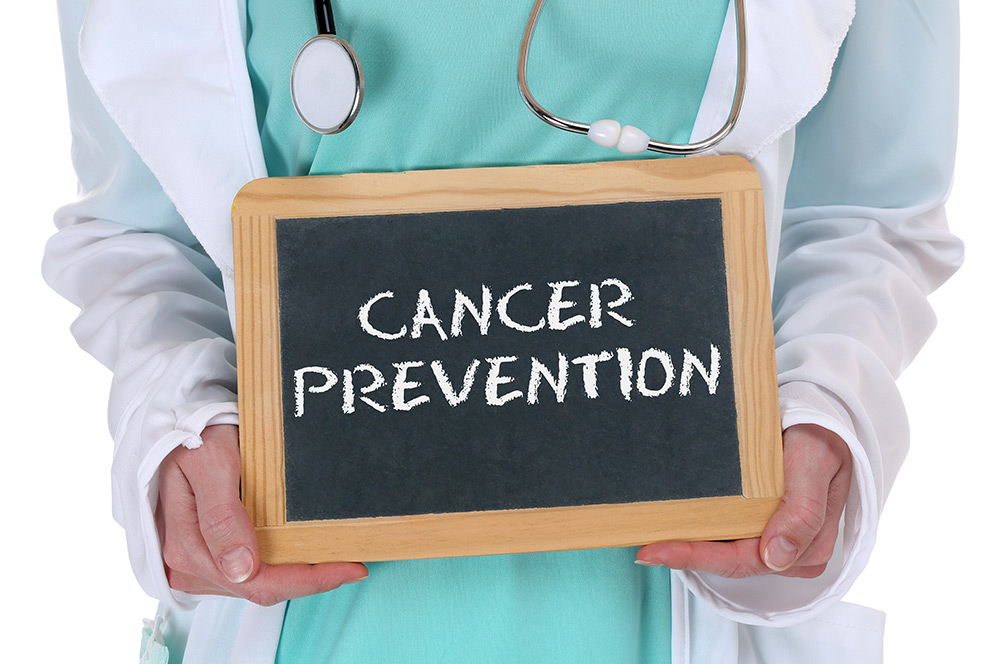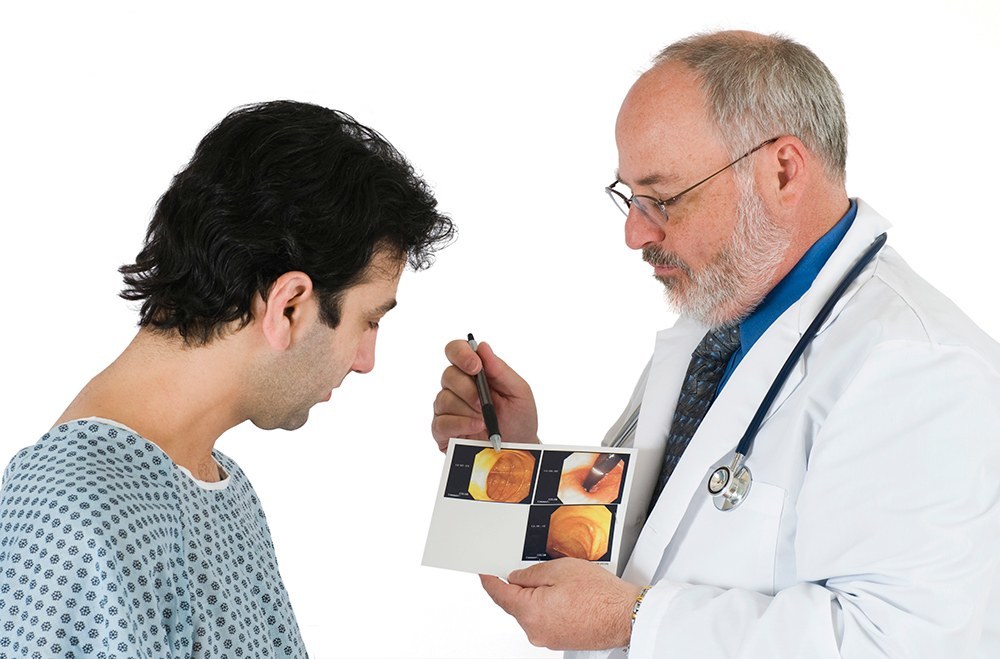Regular bowel cancer screening increases the likelihood of finding bowel cancer in its early stages, which in turn increases the chances of successful treatment and improved survival. Screening can also detect polyps, which may turn into cancer later on.
Remember, bowel cancer can be prevented! There are a number of habits you can incorporate into your lifestyle to achieve the best chance of bowel cancer prevention.
With an estimated 1 in 23 Australian’s developing bowel cancer in their lifetime, it’s extremely important you know your body and what’s normal for you. Bowel cancer symptoms present in many different ways, and can often be noticed by you and then either confirmed or eliminated by your GP and appropriate tests. Typically however, bowel cancer has minimal, if any, early signs. So screen, screen, screen!
For those of you who suffer from Inflammatory Bowel Diseases, such as Crohn’s Disease or ulcerative colitis, you may already be aware of and concerned about the link between these diseases and colon cancer. Ulcerative colitis and Crohn’s disease increase your risk of cancer, which means bowel cancer screening should be done more frequently than the average Australian. This particular type of IBD may limit your choices for colon cancer screening, so speak with your GP or local clinic for further advice and recommendations.
If you are over the age of 50, the National Bowel Cancer Screening Program (NBCSP) offers a FREE in-home test, as part of their dedication to reducing deaths caused by bowel cancer.
Also available through your GP is a screening test called Faecal Occult Blood Test (FOBT). This is used to collect samples of bowel motions, which in turn are analysed. Although this test cannot diagnose bowel cancer, it will indicate whether further tests are required. Usually the next step is a colonoscopy.
Bowel Cancer Tests
So your Doctor has referred you for further tests… don’t be alarmed, this doesn’t mean you have bowel cancer! Bowel cancer tests are just that, tests. These tests will in turn tell you whether or not you need immediate treatment, or investigations for something entirely different. Usually your referral for further tests will be to a hospital or clinic for a colonoscopy.
If you presented with a number of high-risk symptoms, your Doctor will have urgently referred you for a colonoscopy that should take place within 30 days. If the symptoms are considered low-risk, you will receive a normal referral. Bowel cancer symptoms rarely present themselves so if you’re experiencing any or your bowel cancer screening shows something; speak to your GP about a referral to a reputable Endoscopy Clinic.

Clinics such as Direct Endoscopy work closely with doctors and patients to ensure timely investigations and results. Call their friendly team today to arrange a booking, or for more information and with any concerns.
More Information:
- Bowel Cancer: click here
- Bowel Cancer Causes: click here
- Bowel Cancer Prevention: click here
- Bowel Cancer Symptoms: click here
- Bowel Cancer Testing: click here
- When to get a colonoscopy, why you need one and how it all works - November 22, 2021
- Why Your Doctor Wants You to Get a Colonoscopy - October 12, 2021
- Why Australia’s Bowel Cancer Screening Age Should Be Lowered to 40 - July 23, 2021

